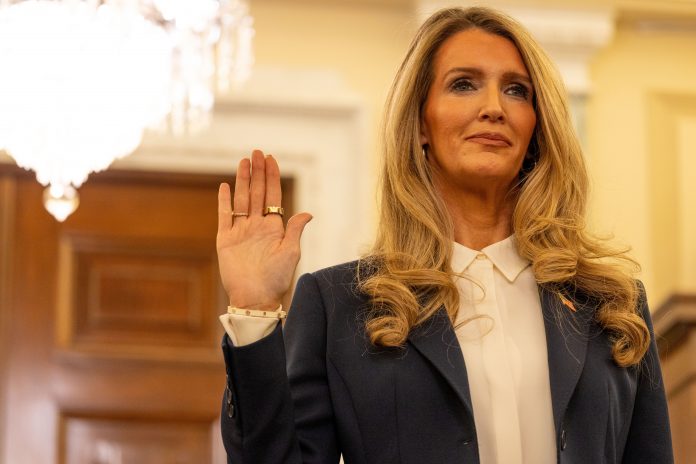The U.S. Small Business Administration (SBA) has announced an immediate moratorium on the expansion of the Community Advantage Small Business Lending Company (SBLC) program, citing unsustainable default rates and concerns over financial oversight. The program, revived under the Biden administration to provide 7(a) loans to underserved communities through mission-based, non-regulated lenders, has reported a 7% default rate over the past year—more than double the average for the broader 7(a) loan portfolio.
To address the risk to taxpayers and protect the integrity of the federal small business lending system, the SBA is implementing a new standard operating procedure (SOP). Effective immediately, existing Community Advantage lenders must meet higher capital reserve requirements and demonstrate financial stability in order to continue participating in the program.
“Community Advantage is a perfect example of how the last Administration weaponized government programs to tip the scale against deserving small businesses and toward preferred groups and political allies,” said SBA Administrator Kelly Loeffler. “This Administration is putting a stop to reckless lending experiments and restoring safeguards.”
Originally launched as a pilot under the Obama administration, the Community Advantage program allowed nonprofits, fintech firms, and other non-bank entities to distribute government-backed loans. The Trump administration halted expansion of the program in 2018 due to regulatory concerns. However, in 2023, the Biden administration lifted that moratorium and approved more than 140 new unregulated lenders, including The Progress Fund, PeopleFund, and the Black Business Investment Fund. It also proposed raising the loan cap from $250,000 to $500,000—and up to $2 million for climate-related projects.
The SBA’s new policy reverses that expansion and imposes stricter controls on existing participants, aiming to reduce taxpayer exposure and bring the program back in line with federal lending standards.



 ASBN, from startup to success, we are your go-to resource for small business news, expert advice, information, and event coverage.
ASBN, from startup to success, we are your go-to resource for small business news, expert advice, information, and event coverage.